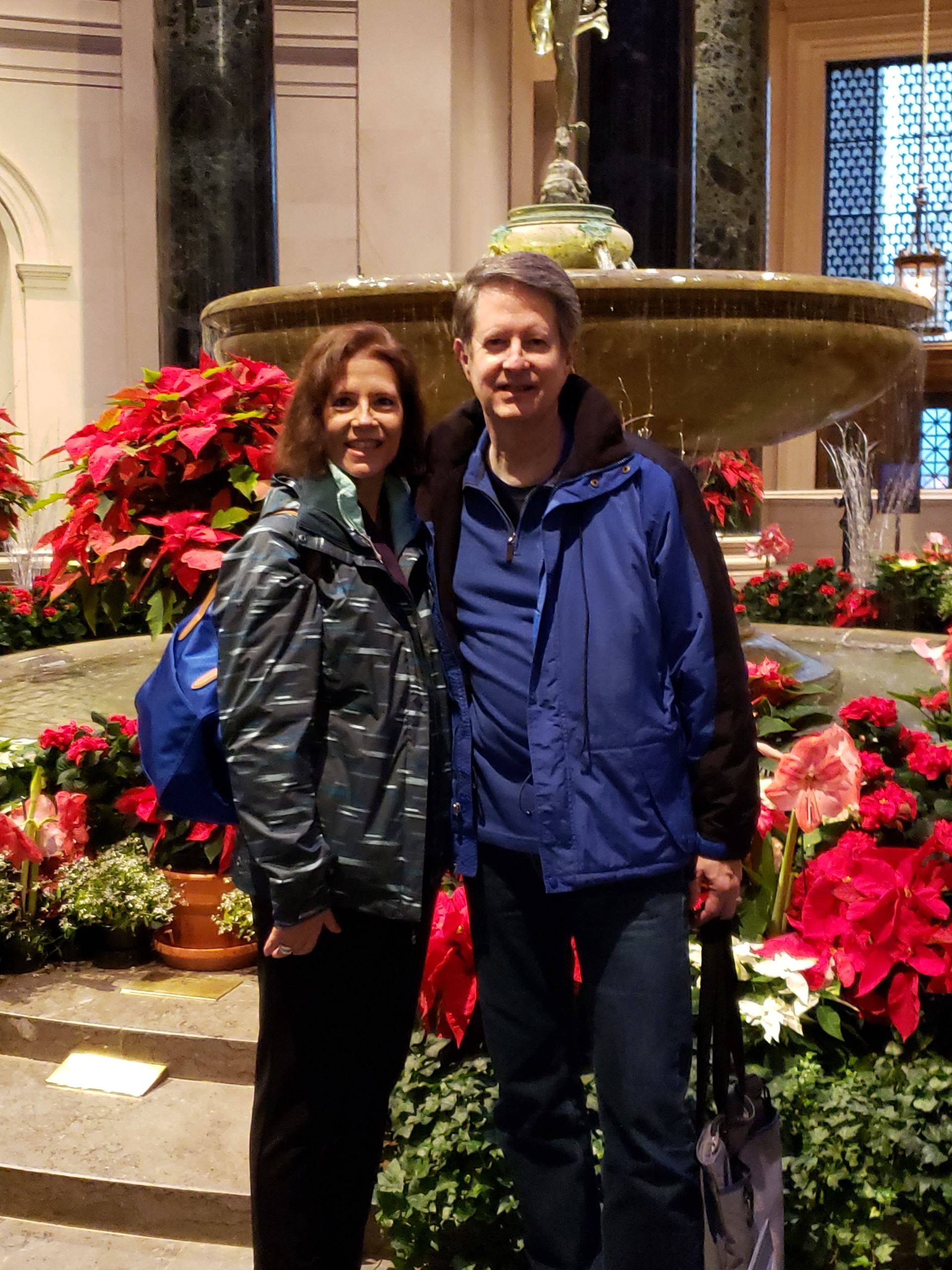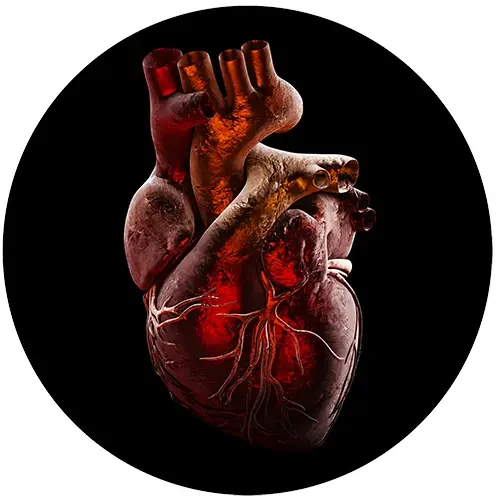Amy Lenhart
I could have been diagnosed with HCM at age 35, but they missed it - my allergist heard an unusual sound in my heart and referred me to a cardiologist who saw some thickening but didn’t do anything with this information. I went to another doctor, and they missed it again. The official diagnosis was when I was 41. This new doctor was kind of shocked that they hadn’t told me about it before.
I had a lot of different emotions when I learned I had Hypertrophic Cardiomyopathy (HCM). The first emotion for me (and my husband) was shock, then fear, then anger at being misdiagnosed twice. I did some research on one of the doctors that had misdiagnosed me, and I found out that he did not have a great reputation, and that made me really angry as I had trusted him. There were a lot of mixed emotions with that.
My physical symptoms were palpitations and lightheadedness at first when I was diagnosed with non-obstructive HCM. The first medication I was put on (Coreg) was something that is given to people with general heart failure, but it made my blood pressure too low (80/50), and it turns out that it isn’t not a common drug of choice for those with HCM. It made me feel uncomfortable and distrustful of my doctor.
Upon diagnosis my biggest emotion was fear, and so many things on the internet about HCM that were outdated and incorrect. It looked like maybe I wouldn’t live as long, and I was afraid for myself and my family. Then I found the HCMA, it was lifesaving. I felt relieved at finding information through the HCMA. I had an appointment with HCMA staff and set a navigation call which helped me understand MY HCM. I was encouraged to find a Center of Excellence and found it helpful talking to those who really understood my challenges and took the time and compassion to listen to me - this helped me emotionally, and it helped alleviate my fears. I have the opportunity to live my life normally. There are scary things about HCM, but I now have hope, and I will be forever grateful for that.
I had heard about one of HCMA’s recognized Center of Excellence, Mayo Clinic, so I made an appointment there. While I feel it’s important to have a local cardiologist, the Centers of Excellence have the experience with HCM to do what I need. What we really needed to hear was risk stratification about my risk for sudden death and the need for a defibrillator. Right now, I don’t meet the criteria for a defibrillator, and I still go to Mayo every two years to be evaluated. I know that if I ever need a defibrillator, it’s there for me. It was very affirming to go to a Center of Excellence. Some of the local doctors told me things I couldn’t do, like have caffeine (exercise?). The COE helped me focus on the things I can do instead of what I can’t. Mayo told me that I could drink one cup of coffee or the occasional glass of wine if I wanted. We are so grateful we found Dr. Ommen From Mayo Clinic! He has been instrumental in my continued care for HCM.
I try to look at negative experiences, like being given incorrect information originally, and ask what I can learn from them. By becoming an educated patient and learning to self-advocate, I’ve learned to focus on what I can do instead of what I can’t do. Honestly, I feel like this has made me a better mental health therapist because I’m more empathetic to my clients, especially those with health conditions.

Please share this story to bring awareness to Heart Month!
To learn more about accessing care at a HCMA Recognized Center of Excellence, go to https://4hcm.org/center-of-excellence/.
To learn more about hypertrophic cardiomyopathy (HCM), go to https://www.4hcm.org.
#4HCMAwareness #HCMStrong #HCMDay #4HCMWarriors #4HCM









